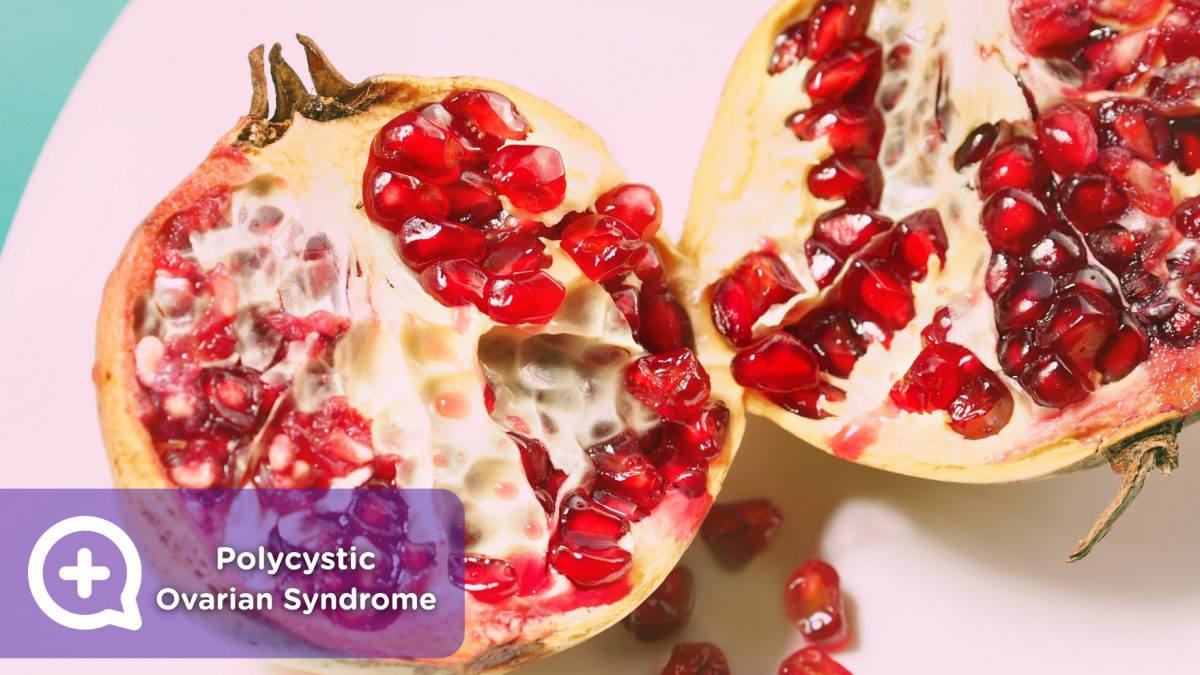The expected days of menstruation are approaching, but nothing happens. One month it comes as usual, but another it does not. Sometimes you have pain or discomfort and on other occasions you do not. The menstrual cycle usually has an average duration of 28 days, although many women have irregular cycles. Although this is relatively frequent, menstrual disorders may be due to other problems such as polycystic ovarian syndrome (PCOS).
What should you know about the polycystic ovarian syndrome?
It is common that women do not relate their symptoms with PCOS. Generally, PCOS appears in young women. The ovaries produce hormones such as estrogen, progesterone and androgens and all act according to a precise balance. But when the creation of androgens is excessive, it interferes in the development and liberation of the egg. Thus, cysts are formed that prevent normal ovulation and the release of the egg every month.
On the other hand, it is a hormonal disorder that affects not only the ovaries, but also affects the insulin cycle: women with PCOS have insulin resistance (their organs do not react to insulin).
How can I know if I have polycystic ovarian syndrome?
Although at first it is usually asymptomatic, there are some signs that facilitate its detection:
- Absence of menstruation after having normal menstruation during puberty.
- Irregularities in menstruation.
- Excessive hair growth on face, back, chest or breasts.
- Chronic acne on the face or back.
- Skin spots.
- Difficulty getting pregnant or infertility.
- Weight gain.
- Thickening of the voice.
What can I do to treat PCOS?
There are many ways to control it. Early treatment is essential to avoid future problems. Some of the recommendations or prescriptions that your doctor can give you have to do with:
- Diet: you should lose weight, if you are overweight.
- Exercise: exercise frequently.
- Oral contraceptives: balance the hormonal concentrations of your body.
- Antiandrogen drugs: counteract the affects of excess androgens.
- Metformin: this famous diabetes medication works by correcting the insulin resistance that accompanies PCOS.
Having ovarian cysts does not mean you have polycystic ovarian syndrome. But if you suspect the search for pregnancy that has not arrived, consult with your doctor.
*Content validated by the medical team of mediQuo.



